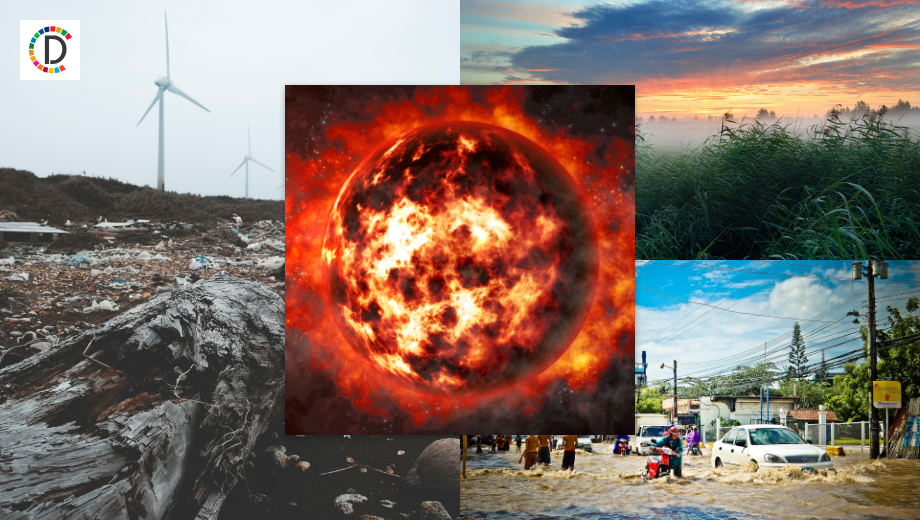Decades of Climate Talks: A Historical Journey
The annual U.N. climate conference, now in its 29th iteration in Baku, Azerbaijan, is a pivotal event addressing global warming. From early scientific discoveries to major policy agreements like the Kyoto Protocol and Paris Agreement, it chronicles the global pursuit to mitigate climate change and adapt to its impacts.

This year's U.N. climate conference in Baku, Azerbaijan, marks the 29th global leadership summit addressing climate change since 1995. The conference serves as a platform for nations to discuss and tackle the pressing issue of global warming.
Historical milestones in climate science and policy, dating back to the 1800s, have laid the groundwork for today's efforts. Key developments include the formation of the U.N. Framework Convention on Climate Change in 1992 and progressive agreements at successive Conferences of the Parties (COP), including the Kyoto Protocol and the Paris Agreement.
As climate change continues to pose significant risks, dialogues focus on emissions reduction, transitioning away from fossil fuels, and supporting developing nations through initiatives like the Green Climate Fund and the Loss and Damage Fund established at recent COP meetings.
(With inputs from agencies.)
ALSO READ
Trump's Comeback and the Shaky Future of the Paris Agreement
India's Ambitious Climate Policies Set a New Path for Emissions Reductions
Trump's Energy Gamble: Fossil Fuels vs. Renewables
Azerbaijan's COP29: A Balancing Act Between Fossil Fuels and Renewables
Tensions Rise at COP29 Over Fossil Fuels and Climate Finance










